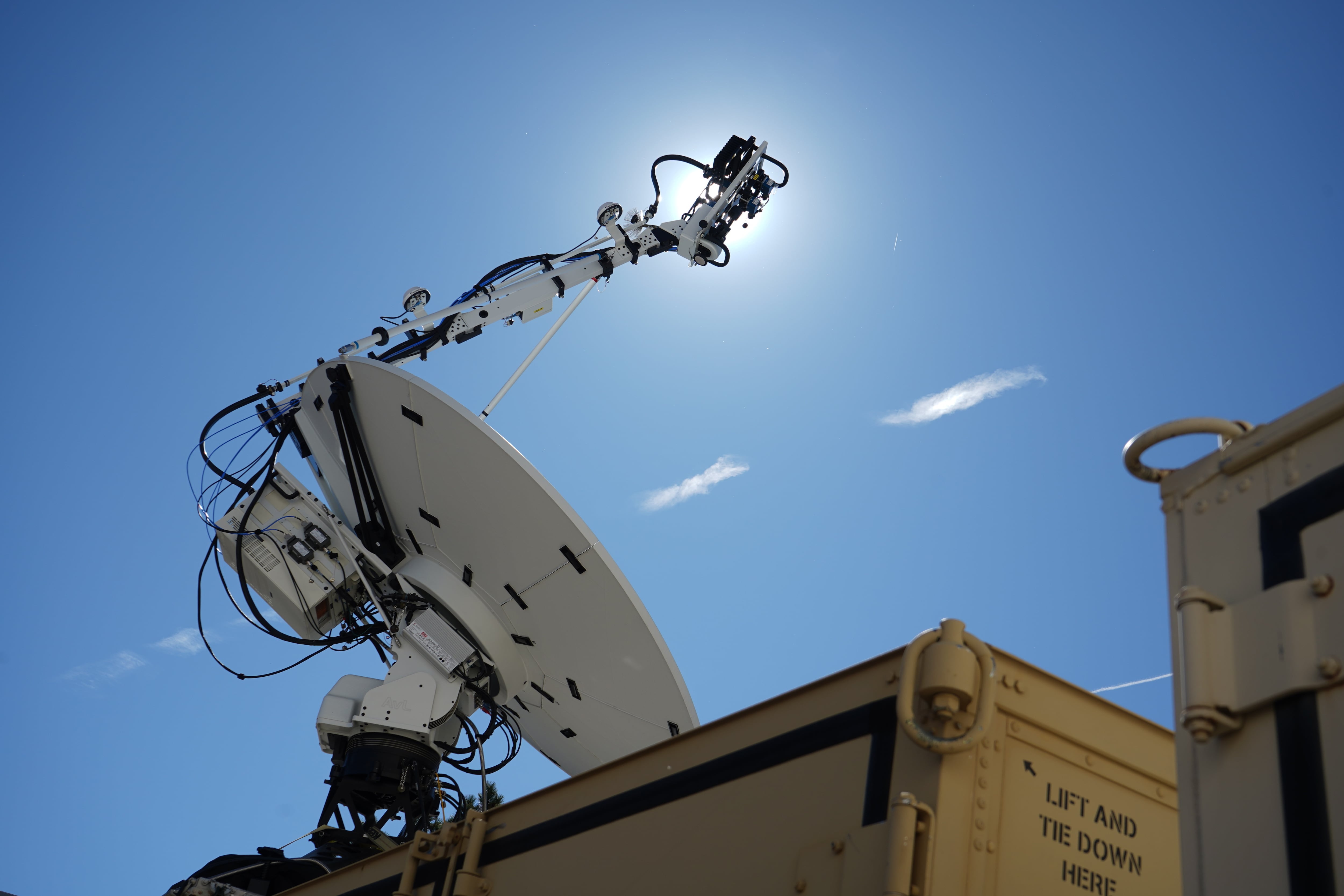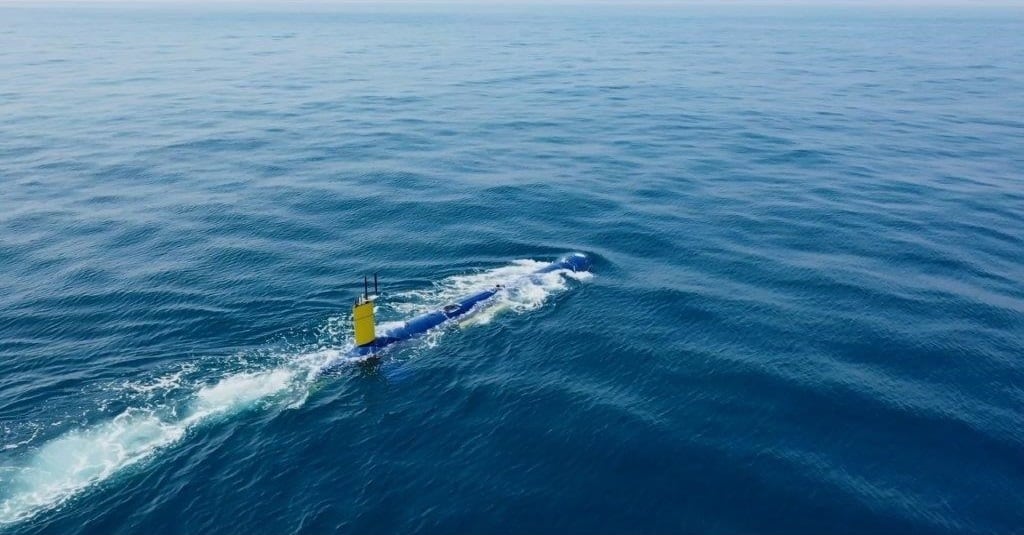No, it’s not going to turn you into Marvel’s Iron Man or Captain America, but you might run a better PFT or have fewer fitness-related injuries.
The Corps is on the hunt for new wearable gear with biosensing technology that can boost human performance and help build a more lethal battlefield force.
On Monday, the Corps posted a request for information to the government’s business opportunities website to glean information from industry leaders on available tech to address the Corps’ focus on human performance augmentation.
The Corps is looking at a number of possibilities from T-shirts, watches, wristbands or chest straps with embedded biosensing technology that can link to and download performance and physiological information to a database.
The new biosensing tech will afford battlefield commanders information about the “physiological status and readiness” of Marines, according to the RFI.
The new tech will also help commanders to "tailor conditioning and operational training in order to minimize injuries and optimize strength building and overall operational performance,” the posting reads.
But with any new tech — especially gear that can track, collect, store and upload data — comes with various operational security, or OPSEC, concerns.
In August 2018, the Defense Department banned the use of Fitbits and other fitness tracking devices for troops deployed overseas following data firm Strava’s posting of a heat map that revealed the location and details of a number of U.S. bases and military outposts.

“The rapidly evolving market of devices, applications and services with geolocation capabilities presents a significant risk to the Department of Defense personnel on and off duty, and to our military operations globally,” then-Pentagon spokesman Army Col. Robert Manning III, said in a command release.
Manny Pacheco, a spokesman with Marine Corps Systems Command, told Marine Corps Times that there are “OPSEC concerns with any effort” to procure new gear for Marines and that the Corps will look for “ways to mitigate those concerns.”
“In this particular case we are just looking at technologies for potential future use and will address the OPSEC issues as they arise,” Pacheco said about the RFI for the new wearable tech.
The Corps listed human performance augmentation as a key focus area headed into 2020.
Shawn Snow is the senior reporter for Marine Corps Times and a Marine Corps veteran.








